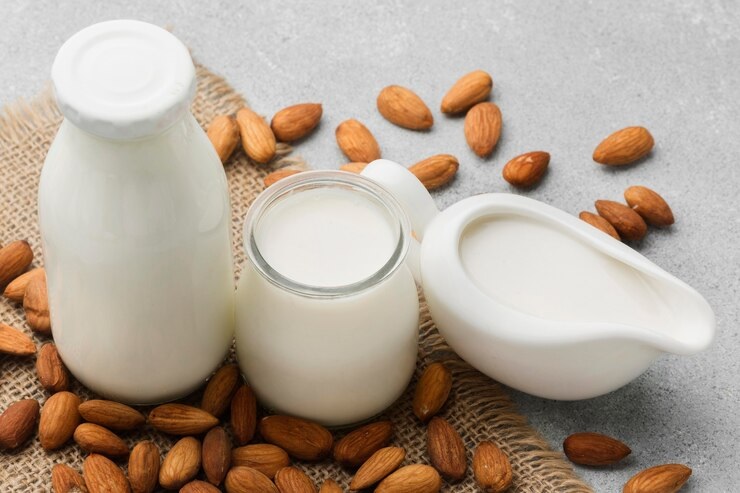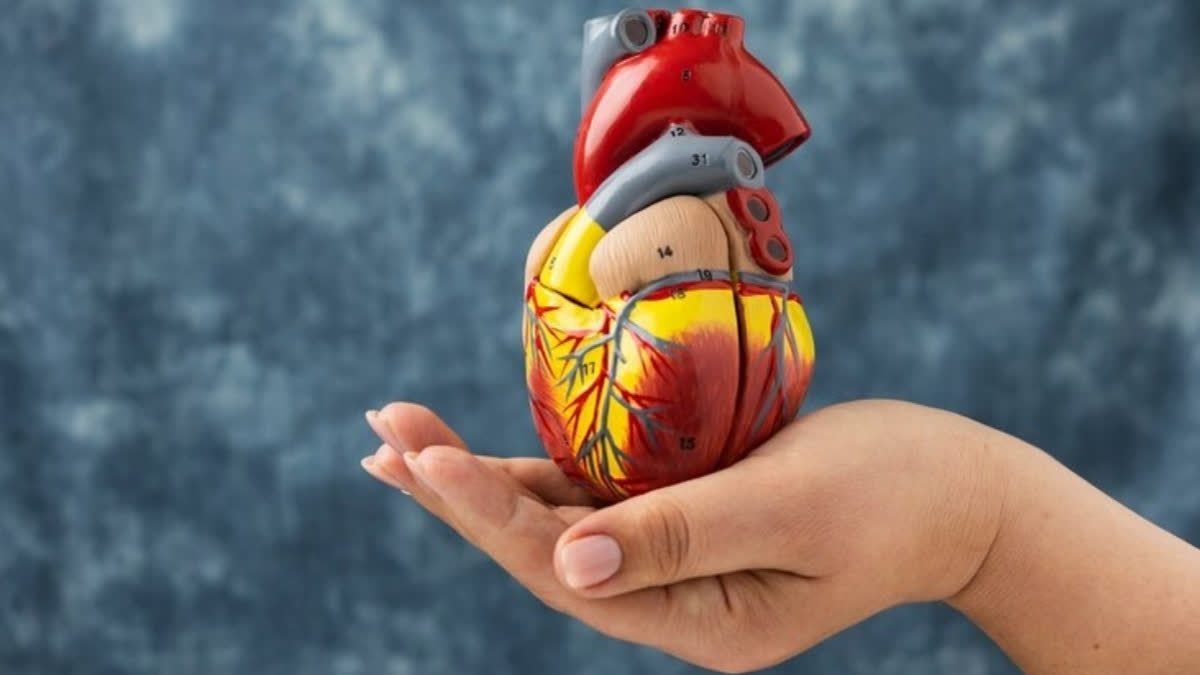High cholesterol can lead to fatty deposits in blood vessels, raising the risk of heart attack, stroke, and other serious conditions. Managing cholesterol within recommended levels supports heart health and many other benefits. Achieving this often requires a combination of lifestyle changes and, in some cases, medications.
Can cholesterol be lowered in a week?
While there’s no immediate fix to reduce cholesterol in seven days, lifestyle changes can begin making a difference in cholesterol levels within weeks. However, significant reductions in LDL (bad cholesterol) and increases in HDL (good cholesterol) generally take about three months with lifestyle adjustments. Cholesterol-lowering medications, if prescribed, may take around 6-8 weeks to show substantial effects. However, incorporating small daily habits can positively impact your cholesterol levels and heart health.
How to lower cholesterol effectively
Though reducing cholesterol requires time, healthy lifestyle changes over 12 weeks or longer are shown to improve cholesterol levels. Regular exercise and a balanced diet are essential, and your doctor may suggest cholesterol-lowering medication if needed to further reduce heart disease risk.

Non-drug strategies to lower cholesterol
Eat heart-healthy foods: Focus on foods low in saturated fat and trans fats. Omega-3 fatty acids and soluble fiber can help, as well.
Exercise regularly: Aim for 30 minutes a day, five days a week, incorporating brisk walking, cycling, or even taking the stairs.
Maintain a healthy weight: A combination of a balanced diet and regular exercise aids in weight loss, which can improve cholesterol.
Avoid smoking: Quitting smoking can improve HDL cholesterol and support heart health.
Limit alcohol intake: Drink alcohol in moderation, if at all.
If cholesterol levels do not improve after 12 weeks of lifestyle changes, your doctor may prescribe medication.

Foods to eat for lowering bad cholesterol
Soluble fiber helps prevent cholesterol from entering the bloodstream by dissolving in water and binding with cholesterol to be expelled with waste.
Whole grains: Oatmeal, whole-grain bread
Fatty fish: Salmon, tuna, sardines
Fiber-rich vegetables: White beans, kidney beans, eggplant, carrots, cauliflower, Brussels sprouts
Fiber-rich fruits: Kiwi, berries
Nuts and seeds: Almonds, walnuts, pistachios, chia seeds
Avocado

Beverages to help lower cholesterol
Water is foundational for heart health. Add fresh fruits or mint for a natural flavor. Other helpful beverages include vegetable juice, unsweetened tea, coffee, and plant-based milks like soy, almond, or oat. Be sure to stay hydrated throughout the day with water and other cholesterol-friendly drinks.
Read More:



